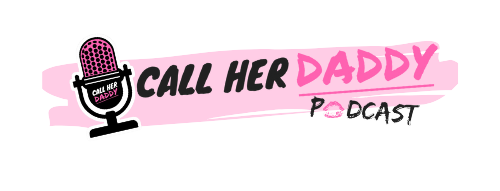
Vought International Exposed The Corrupt Corporation Behind The Supes
In the world of superheroes, nothing is quite what it seems. The popular television series "The Boys" dives deep into the dark underbelly of superhero culture, revealing what happens when these so-called heroes become puppets of a corrupt corporation. At the center of this chaos is Vought International, a company that produces and manages superheroes—referred to as "Supe"—for profit. Through corruption, manipulation, and public relations tactics, Vought has turned the very concept of heroism into a profitable endeavor, showcasing the interplay between power, greed, and the illusion of heroism.
The Illusion of Heroism
Vought International paints a picture of superheroes as altruistic saviors. However, the reality is starkly different. The corporation monetizes the Supes’ abilities, often disregarding the consequences of their actions. The series presents characters that embody the worst traits of humanity: selfishness, ruthlessness, and a blatant disregard for the lives of ordinary people. Vought’s manipulation of media and public perception serves as a reminder that what we consume—whether it’s social media content or news—is often curated for a specific narrative. This commentary resonates deeply in today’s world, where corporations exert considerable influence over public opinion.
Behind Closed Doors: Vought’s Malpractices
Delving deeper, we find that Vought International engages in unethical practices to maintain their empire. From developing compounds that turn ordinary individuals into Supes, risking lives in the process, to covering up the consequences of their heroes’ destructive behavior, Vought operates in a moral gray area. Their willingness to go to extreme lengths—through blackmail, violence, and media manipulation—highlights the extent of their corruption. The power dynamics are unsettling, reminding viewers that the line between hero and villain is often blurred.
The Boys store: Capitalizing on the Chaos
As the series unfolds, we’re introduced to "The Boys Store," a fictional retail venture that caters to fans of the Supes, capitalizing on the mass appeal of superhero culture. This store reflects Vought's commercialization of heroism, offering merchandise that promotes the very propaganda spread by the corporation. It’s a cynical twist, showcasing how even the most noble of figures can be exploited for profit. The Boys Store serves as a microcosm of Vought’s broader strategy—turning heroism into a commodity, thus rendering the concept of altruism moot. The store not only underscores the characters' corrupt nature but also commentary on the real-world commercialization of heroic ideals.
Conclusion: A Reflection on Society
The exploration of Vought International in "The Boys" resonates beyond the screen, presenting a stark reflection of our society. The show provokes thought about celebrity culture, corporate greed, and how narratives are shaped and manipulated for consumer gain. In this context, our real-world heroes—be it firefighters, doctors, or teachers—often overshadowed by the glitzy image of superheroes, struggle to gain recognition for their selfless acts. The series challenges us to reconsider the nature of heroism in a modern society increasingly driven by sensationalism and marketing. In the end, "The Boys" serves not just as entertainment, but as a critical lens through which we examine our values and the forces that shape our perception of heroism.









